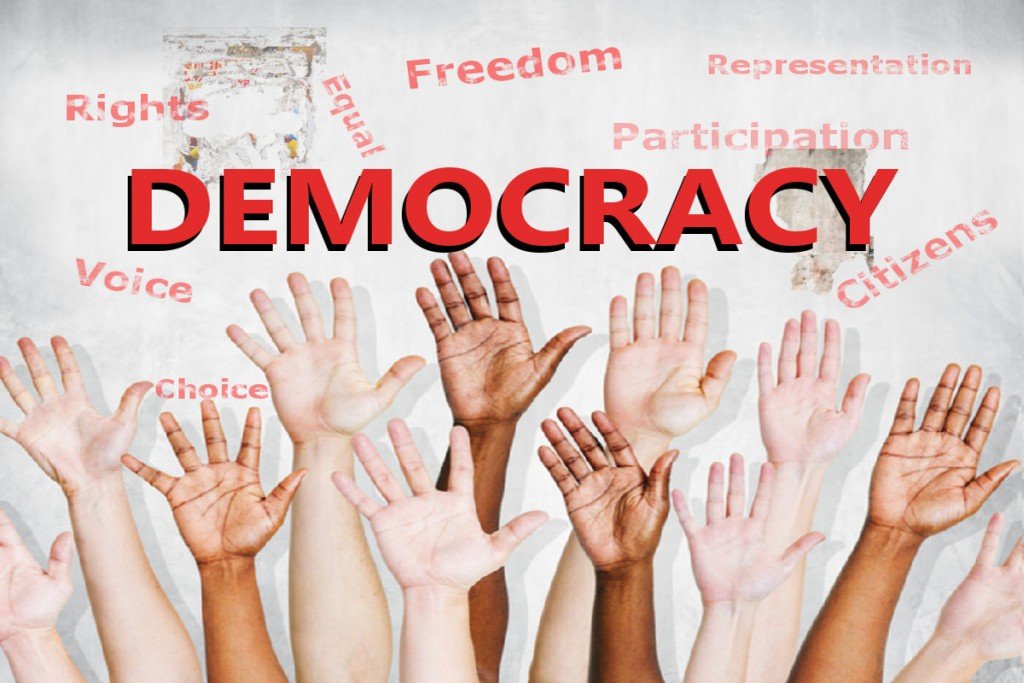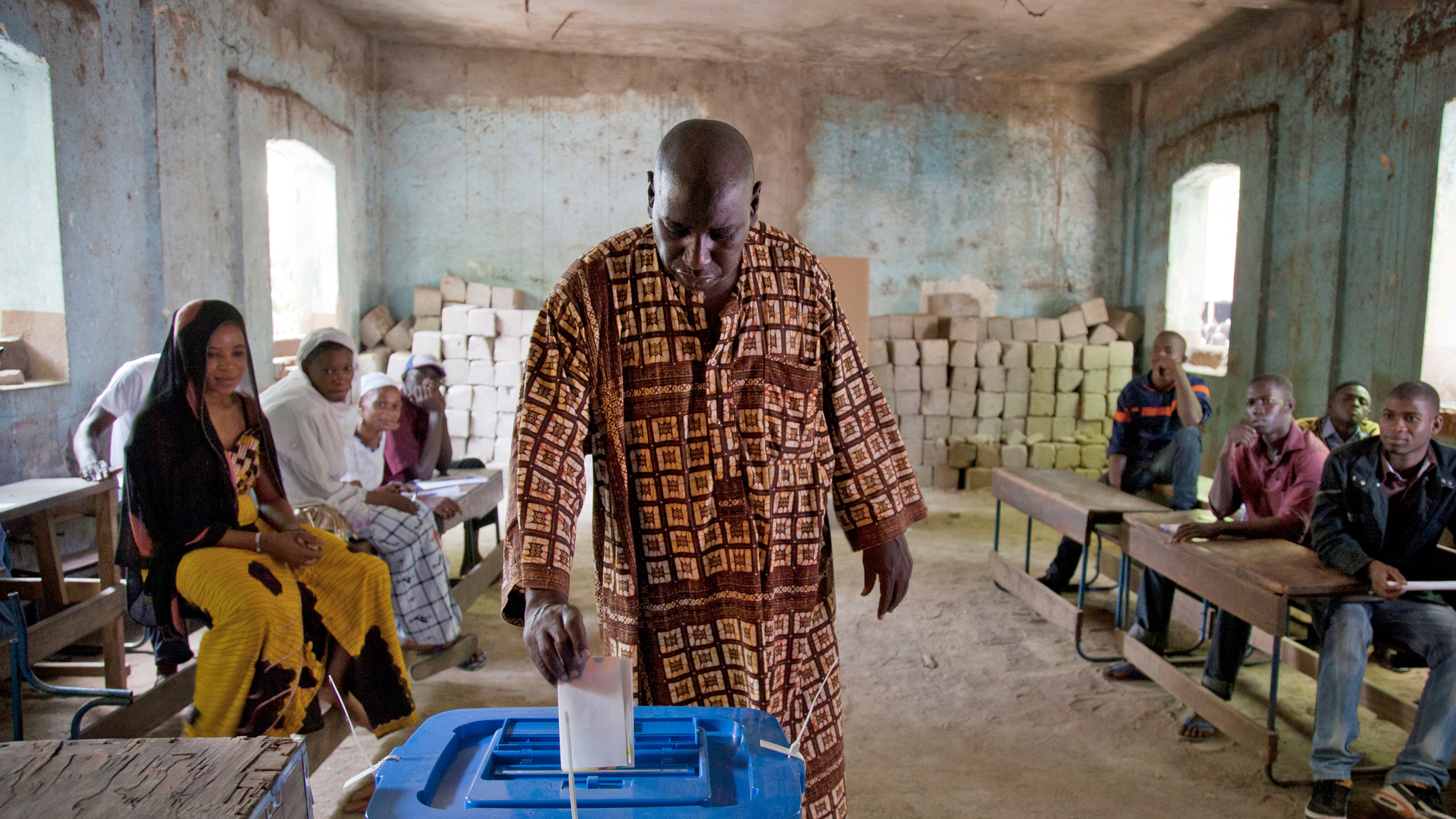Democracy’s Struggles: Modern Conflicts within Democracy

In crisis is democracy. The principles it upholds, notably the freedom of the press, the rule of law, and the right to select one’s government through free and fair elections, are being attacked and are deteriorating on a worldwide scale. At the end of the Cold War a quarter of a century ago, authoritarianism seemed to have finally lost the great ideological conflict of the 20th century to liberal democracy. Today, democracy is the structure that is damaged and weakened. According to Freedom in the World, nations that saw democratic setbacks outpaced those that recorded improvements for the 12th year in a row.

The most powerful democracies in the world are afflicted by issues at home that appear unsolvable, such as social and economic inequality, party division, terrorist attacks, and a wave of migrants that has fractured bonds and increased mistrust of the “other.” Democratic regimes provide citizens the opportunity to shape the laws that everyone must follow and to have a role in how their lives and jobs are conducted. This encourages a greater regard for harmony, justice, and tolerance. If this is not the case then the conflicts start igniting. As, the relationship of the state with its people is a that of a parental relation in which people obey and follow the rules of the state and government and perform their duties expecting state to fulfill their rights in return. The conflict over democracy’s place and influence in the international system is at the centre of the new age of geopolitical rivalry. Since the global financial crisis of 2008, this dynamic has quickly evolved. China and Russia have been engaged in regional and international power struggles. Although they are larger, their foreign initiatives are often meant to be moves to develop spheres of influence. Nothing less than the future democratic nature of the international system is at stake when large nations compete. Three objectives are pursued by both Russia and China, albeit via various methods and to varying degrees of strength. They face internal legitimacy challenges as a result of the emergence of military and economic spheres of influence in their territories that erode democratic institutions and standards. The West has not yet responded to this issue in a suitable manner. The year 2019 marks the third decade in which there has been little chance of a direct superpower clash. Thirty years ago, the collapse of the Berlin Wall and the establishment of democracy in Central and Eastern Europe not only signalled the end of the Soviet Union, but also represented the broad public demand for a democratic form of government. The subsequent 25 years were unprecedented in world history. For the first time, democracies ruled the global power structure without having to cope with an equivalent military rival or a rival form of government. Particularly, the United States held an unmatched position on the international scene and wielded a worldwide unipolar reach. Today, it is customary to emphasize America’s Middle East conflicts almost entirely and to look back on the era of American hyper power as one of over-extension and overreach. This time had larger and more nuanced dynamics. It was a time when terrorism persisted despite the fact that multilateralism grew and conflicts of all kinds decreased. The fraction of the world’s population living in absolute poverty decreased while the global GDP increased. There was cautious optimism on developments away from proxy warfare and toward great power cooperation, optimism that was disrupted but not overturned by 9/11 and the Iraq War.

Democracies seem to be among the wealthiest, most tolerant, least transparent, and most protective of individual liberty civilizations in the world. People all throughout the world support democracy’s values, including fair elections, freedom of expression, transparent administration, and effective legal restraints on the police, military, and other institutions of authority. But in this century, it gets harder and harder to maintain these characteristics in one nation while disregarding them in another. Democracies’ citizens and leaders must also acknowledge the converse is also true: in order to preserve their own liberties, they must battle for the rights of their counterparts worldwide. The interconnectedness of our fortunes is a truth of globalization.